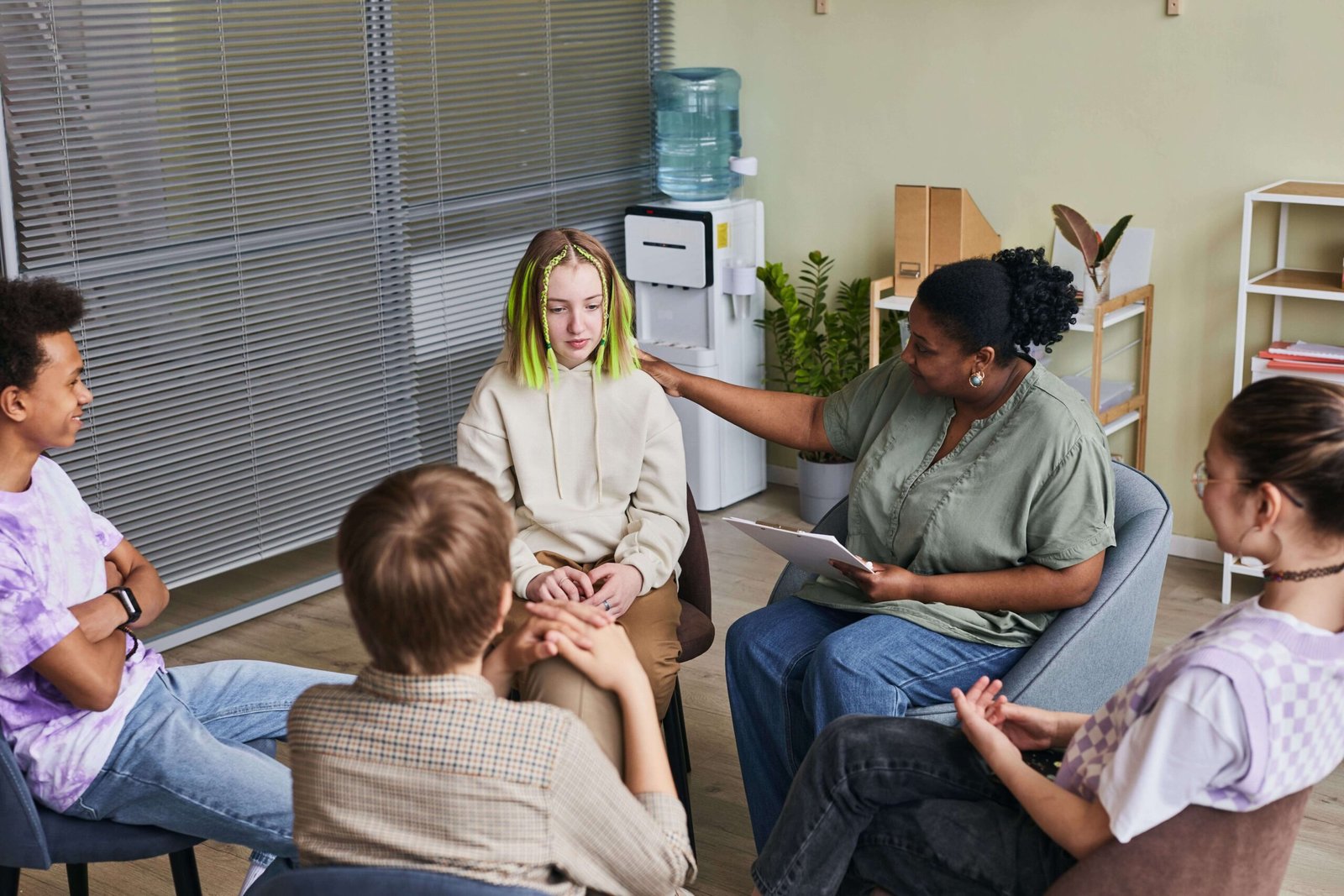Services
Clinical psychologist
I have been a licensed clinical psychologist in the state of Maryland since 2013 and finished my doctoral internship at the George Mason counseling and psychological services. Prior to that I received two years of supervised practicum training at two clinical private practice facilities where I provided assessment, testing and psychotherapy for individuals from various age groups and ethnicities. For example, I have worked with individuals suffering from trauma/ crisis management, depression, general/specific anxiety, Traumatic Brain Injury, various neurological disorders, schizophrenia, phobia, eating, bipolar, body dysmorphic and personality disorders.
- depression
- Specific anxiety
- Traumatic brain injury
- Personality disorders
Our features
What treatment methods and tools do you use?
methods
I have been trained in various treatment moalities in my doctoral program.
knowledge
I predominantly rely on approaches like CBT, Person-Centered, Mindfulness, Art, and Structural family therapy, etc.
process
I have an integrative approach that may include different modalities to meet your specific needs.
coaching style
I believe that you already have the awareness and capacity for change. I'll focus on progressing through various stages.
results
I realize that this can be hard, so I will guide and collaborate with you through the new changes you will be making.
support
We’ll identify the skills you already have in addition to building new ones to help you live the healthy life you deserve.
Get Help Through Therapy
If you’re feeling overwhelmed and uncertain about seeking help, please know that you’re not alone. Starting therapy can be intimidating, but in our sessions, you’ll discover a safe and supportive environment where your voice is heard with compassion and respect. Together, we’ll use evidence-based techniques to explore and overcome the areas in need of adjustment. We’ll uncover your strengths and harness them to craft a new life story that empowers you. I look forward to collaborating with you on your unique path to health and resilience.


Psychological challenges
As an individual who immigrated to the United States with her family at a young age, I have first-hand experience that has provided me with a deep understanding of the emotional and psychological challenges that immigrants, especially children often face. Understanding the cultural norms, values, and belief systems of individuals is vital for providing effective and sensitive mental health. Some challenges can include anxiety, depression, post-traumatic stress disorder (PTSD), and even cultural adjustment disorders.
Being aware of the potential signs and symptoms can help in early detection and intervention. Untreated mental health issues for individuals and within families can have a lasting effect on both individuals and the family system as a whole. Mental health challenges can lead to strained family relationships,
communication breakdowns, and a reduced capacity to support one another through life challenges, especially during the immigration and acculturation process.
That is why My approach to psychotherapy highlights the importance of taking a holistic approach to mental health which considers not only individual mental health but also family dynamics, cultural context, and the broader socio-economic factors that influence well-being.

Transformation now!
My personal experience as an immigrant gives me a unique perspective in issues of diversity. I understand the emotional and psychological challenges that immigrants, especially children, often face. I emphasize the importance of cultural sensitivity in mental health, as untreated issues can affect individuals and entire families. I also believe that spirituality, whether rooted in religious beliefs or personal exploration, enhances mental well-being by offering purpose, meaning, and connection to a broader context. I believe in a holistic approach, acknowledging the diverse aspects of human experience, including individuals’ spiritual beliefs and practices.
Clinical psychologists use interviews, observations, questionnaires, cognitive assessments, and behavioral analyses to identify patterns in thoughts and behaviors. Advanced tools like neuroimaging may also be employed. This information aids in diagnosis and treatment planning.
Clinical psychologists use techniques like emotional assessments, cognitive-behavioral therapy, and mindfulness to identify and manage emotions. They may teach emotion regulation skills, offer validation, and explore expressive therapies. Collaboration with psychiatrists and providing psychoeducation are also common strategies.
Effective communication in clinical psychology is crucial for building trust, accurate assessment, collaborative goal-setting, treatment planning, empowerment, stigma reduction, emotional support, crisis intervention, progress monitoring, enhancing compliance, and conflict resolution. It forms the foundation for a successful therapeutic relationship and positive mental health outcomes.
Clinical psychologists use identification techniques, such as assessments and interviews, to understand the sources and triggers of stress and anxiety in individuals. They then employ various management strategies, including cognitive-behavioral therapy, relaxation techniques, mindfulness, and stress-reduction interventions, to help clients effectively cope with and alleviate stress and anxiety.
